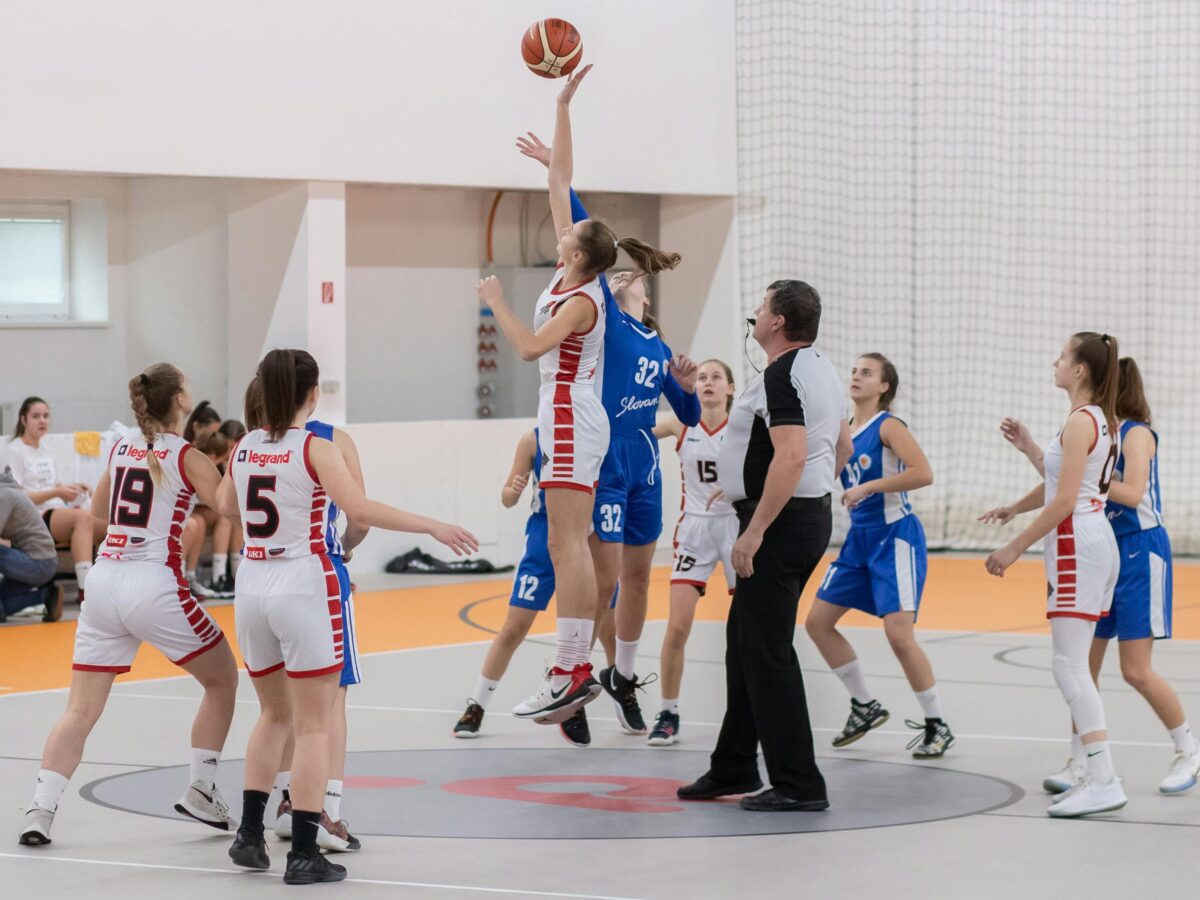
As a transgender person, I face complicated choices and discrimination throughout my days in everything from clothing departments to bathrooms.
One particularly difficult area is as an athlete in team sports, which I truly love. I played on girls’ soccer teams during my early years but started to feel like I didn’t belong once I began to medically transition, despite the confidence I had in my team and coaches at the time.
In my senior year of high school, I played lacrosse on the boys’ team and had great support from my coaches and teammates. I now play in both a competitive men’s league and a recreational co-ed league for indoor soccer.
Transgender adolescents experience ongoing prejudice, which negatively influences their well-being. Transgender athletes’ engagement in sports, particularly in environments that validate their gender identification, can be an essential mitigating element to widespread psychological pressures. However, athletic participation has been a source of contention due to concerns that some transgender athletes may have a competitive edge over their cisgender competitors.
Transgender students are frequently harassed and victimized at school — and sports are sometimes their only outlet for coping. Many of the rules for trans people to participate on the team that aligns with their identification require a set period of medical transition. Policies requiring a trans girl to undergo hormone therapy before competing against other females may place an undue burden on a student who may not be able to afford costly hormone therapies.
In 2019, the National School Climate Survey found 87% of LGBTQ students heard negative remarks specifically about transgender people. Forty-three percent heard these remarks frequently or often.
These realities are not new. GLSEN, a nonprofit advocacy organization founded by teachers to support LGTBQ students, researched the experiences of 295 transgender middle and high school students in 2009. That study found 90% of the students heard pejorative statements in school about their gender presentation.
After experiencing discrimination and significant physical abuse at school, research has shown that about 45% of transgender children will attempt suicide.
According to research from Michael Lenzi from American University, transgender kids with a solid support system are 82% less likely to self-harm. Sports can also help people understand each other’s different life experiences, beliefs, values, and perspectives. Restricting access to potentially beneficial activities for a transgender child’s mental health and well-being may be exceedingly damaging, especially in the context of the additional stresses encountered by a transgender adolescent.
Sports participation is acknowledged as an important component in fostering good self-esteem and a connection to school and community. Sports provide significant physical, emotional, and social advantages for vulnerable youth, including transgender adolescents. Sports can help transgender students overcome feelings of isolation and allow them to develop positive self-images.
Many adolescent transgender athletes are apprehensive about being in athletics as their chosen identity. With all these distinct regulations and standards in place, most trans athletes cannot participate in sports as their preferred identity. There is currently no precise census of the number of transgender athletes engaging in sports nor of their status on the medical and/or surgical transition spectrum. As a result, we do not know how big the problem is, how much or even if transgender athletes outperform cisgender athletes, and if there is a performance discrepancy in all sports, or just a few.
Excluding transgender children from playing on teams that correspond to their claimed gender identification separates them from their peers, contributing to society’s “trans fear.” Because transgender young athletes lack constitutional protection, it is extremely difficult for them to effectively challenge discriminatory sports participation laws, and many do not even attempt to. Many transgender students continue to struggle to find the equality and recognition they require to thrive in their communities in the absence of a federal law reflecting inclusive transgender participation policies.
Many transgender athletes experience prejudice in school athletics. Overall, I have been fortunate to have the support of my family, teams, and coaches. Team sports have been, and will continue to be, a big part of who I am. The next time you see a story about trans athletes, think of the children behind the story who are just trying to play a game with their peers.
When trans athletes are not given the same opportunities to play on the teams that align with their identity, it is discriminatory and invalidating, which can negatively impact that child’s life on all levels. Trans people belong in sports as the gender they identify as, both for them as individuals and for their community at large. I will continue to play and hope that my trans peers get the same chances I have.
